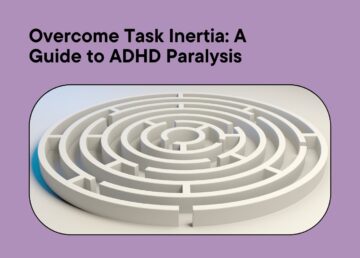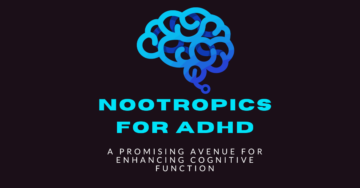
Self-judgment is only natural, and there’s no way for us to become more well-rounded without taking some time to examine our thoughts and actions and to look for improvements.
The only problem is that sometimes, self-judgment can take over and actively hold us back, stopping us from being at our best. When that happens, we need to learn to overcome it, but what can we do to stop our self-judgment in its tracks?
Let’s take a closer look.
Catching Negative Thoughts
One of the challenges of catching negative thoughts is that they’re often automatic, and so it becomes a case of trying to break a habit. Fortunately, we’re the only people who can control how we think and talk about ourselves, and so the effort to catch and rephrase negative thoughts begins at home.
Try to look out for any negative language you use about yourself and stop putting yourself down, replacing negative phrases with positive ones.
It’s also a good idea to practice mindfulness because that can help you live in the moment. Try to use your senses to take in what’s happening around you without any judgment. Observe it, but let it happen.
You should also try to avoid unrealistic expectations and comparisons. This is a particular problem in the age of social media when it can be easy to compare ourselves to influencers and to feel like we come up short. Just remember that the way that people portray their lives on social media is generally a long way off what their day-to-day life actually looks like.
Another common problem is that we can over-generalize or make blanket statements. For example, if we miss the bus on the way to work, we might tell ourselves, “I always miss the bus. What’s wrong with me?”
The idea behind everything that we’ve shared today is to make you more aware of those negative thoughts because you need to be aware of them if you hope to catch them and turn them into positives. And it’s by turning those negatives into positives that we can reduce self-judgment because there’s nothing negative for us to judge if we stay positive.
What’s Next?
In the end, as much as self-judgment can be a problem if we take it too far, it’s also important for us to notice any improvements that we make so that we can give ourselves the credit that we deserve.
The good news is that Sensa can help you with that, allowing you to track your progress every 7 days. So if you haven’t already, it’s time to start tracking that goal of getting rid of your negative self-judgment!




